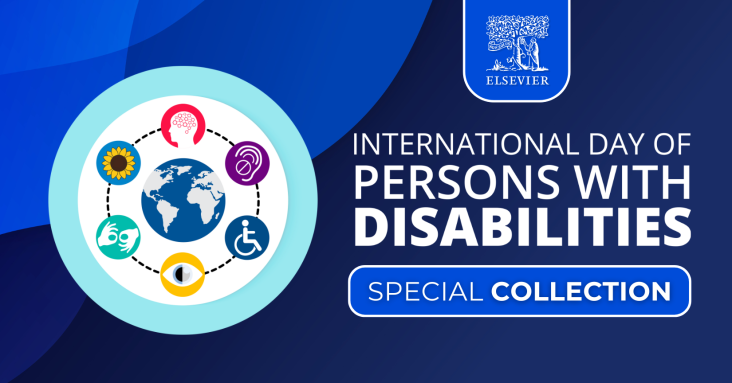Reduce inequality within and among countries

In this round up of 2025, we share the Special Collections published throughout the year to mark key UN observation days and events.

The 30th Conference of the Parties (COP30) to the UN Framework Convention on Climate Change (UNFCCC) took place in Belém, Brazil, bringing together governments and stakeholders for the UN’s annual climate negotiations. This article, provided by LexisNexis UK Practical Guidance, offers a day-by-day overview of the key insights, decisions and developments from the Summit.

Drawing on insights from the United Nations 10-Member Group on Science, Technology, and Innovation for the SDGs, Beyond 2030 reviews the framework’s achievements to date and delivers critical insights into how the SDGs can guide global cooperation and decisive local action well beyond 2030.

Observed annually on December 9, International Anti-Corruption Day (IACD) raises global awareness of the urgent need

An estimated 1.3 billion people around the world live with a significant disability - that’s 1 in 6 of us.
This qualitative study explored challenges faced by upper primary mathematics teachers in Rwanda following the switch to English as the medium of instruction.
